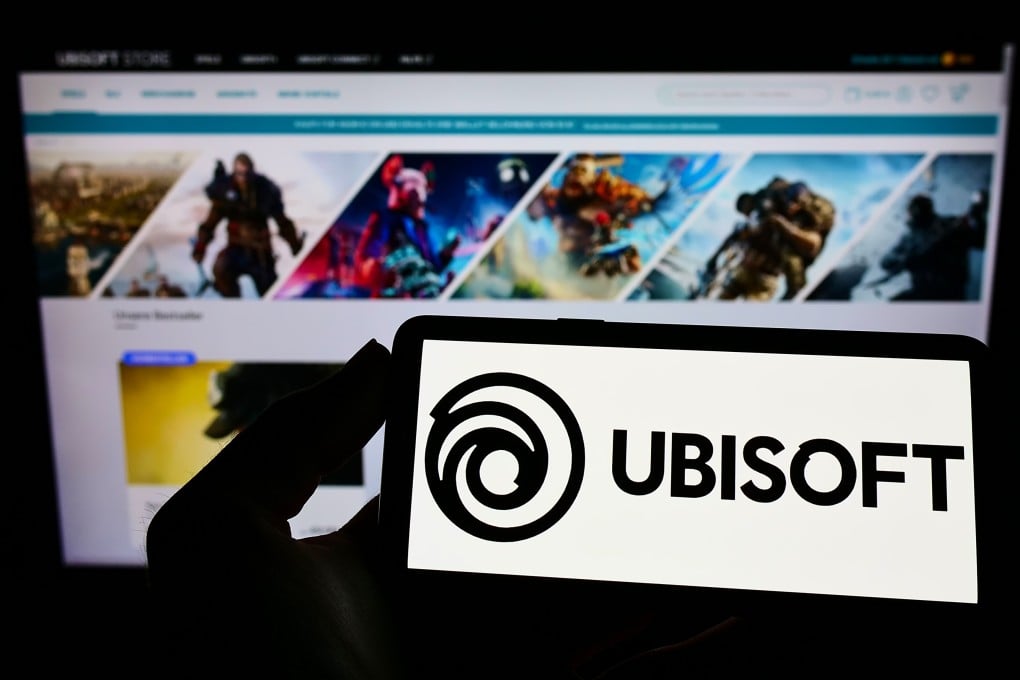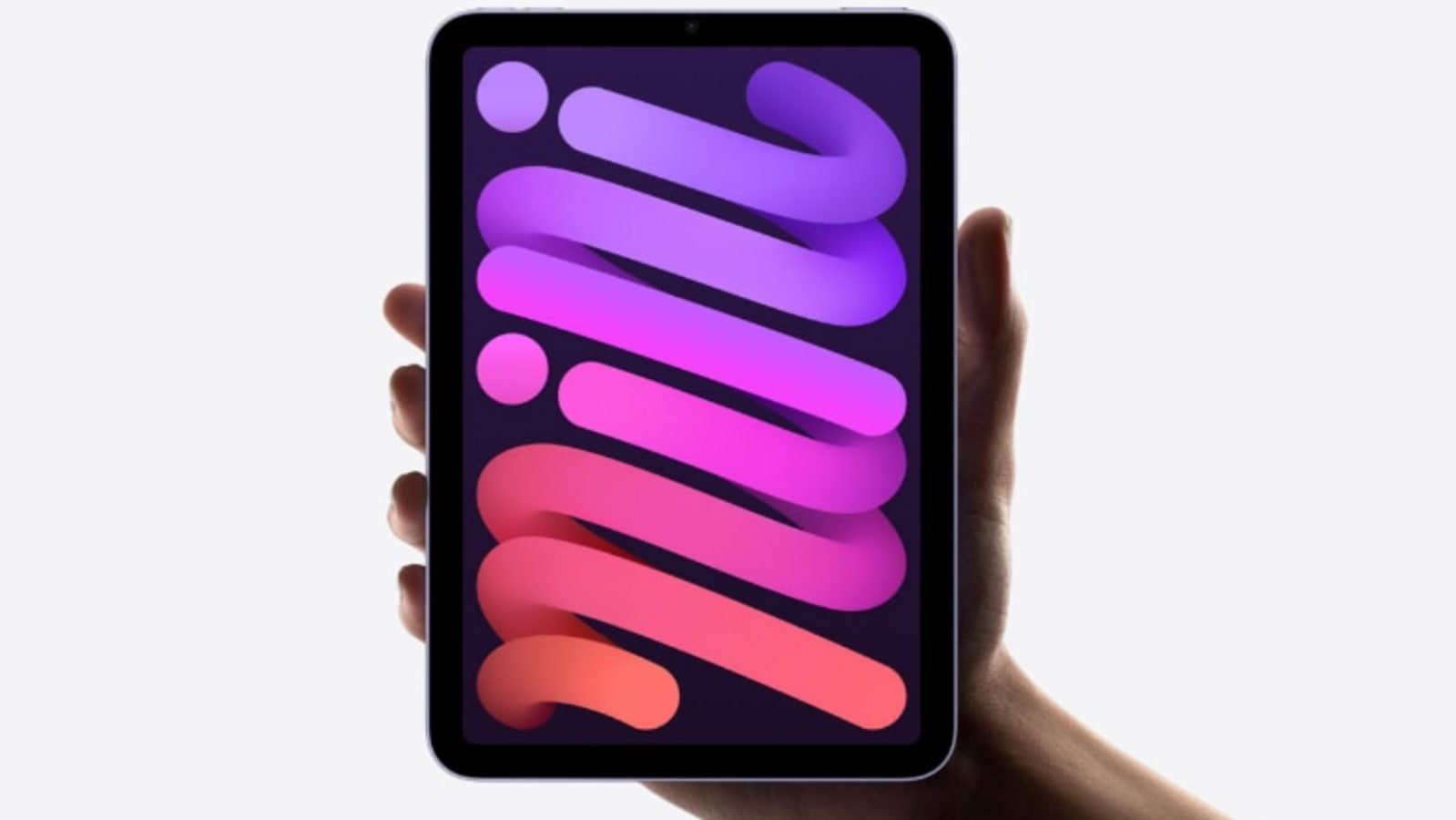
Although Google insists it isn’t a monopoly in the ad tech business and faces serious competition, a former executive at one of its most powerful rivals – Meta – has come out to contradict those statements. Meta Platforms, then known as Facebook, entered into a deal with Google in 2018 after it conceded internally that it didn’t stand a fighting chance against Google’s monopoly over the technology behind its online display advertising, according to an executive who testified during an antitrust trial brought by the US Justice Department against Google. Brian Boland, who headed Facebook’s advertising technology between 2009 and 2019, told the court that the social network initially aimed to directly challenge Google in the market for display ads sold on websites, according to Bloomberg.
The Facebook Audience Network sought to allow marketers to run ads on the company’s social networks, Facebook and Instagram, as well as buy them on websites and in apps. However, by 2017, Facebook had concluded that it would face an uphill battel to effectively compete against Alphabet’s Google because of its “monopoly” and the advantages the search giant gives itself within its advertising tools. “Google sits between us and the impressions we want to buy,” a July 2017 strategy memo about the Facebook Audience Network said.

Google’s tools give it “the opportunity to cherry pick the best supply.” “Knowing there would be a layer between us” and advertisers “was a concern,” Boland told Judge Leonie Brinkema. Google’s advertising exchange gave it a so-called “last look” in online auctions, allowing the company to decide after an ad was auctioned off that it wanted to buy it.
Boland likened the technique to Google being able to select the 30 best apples from a crate before anyone else got the chance to buy. “You’re left with the leftovers,” Boland said. The agreement, internally nicknamed Jedi Blue, gave Facebook preferential treatment when bidding through Google’s exchange for web or mobile app ads within its Facebook Audience Network.
The pact between Google and Facebook, the No. 1 and No. 2 players in the online advertising market, was approved at the highest levels with Facebook’s CEO Mark Zuckerberg and Google head Sundar Pichai personally signing off.
The Facebook-Google deal, officially named the “Network Bidding Agreement,” reveal that Google was “looking for Facebook to pay 15 per cent of working media cost in order to remove” the last look advantage. The trial which commenced last week, had another top exec come out with damaging accusations regarding Google’s conduct in the ad tech space. David Rosenblatt, Google’s former president of display advertising, said of the company’s strategy in late 2008 or early 2009, that the goal for the company’s then-nascent online advertising business was to “crush” rival advertising networks.
.














